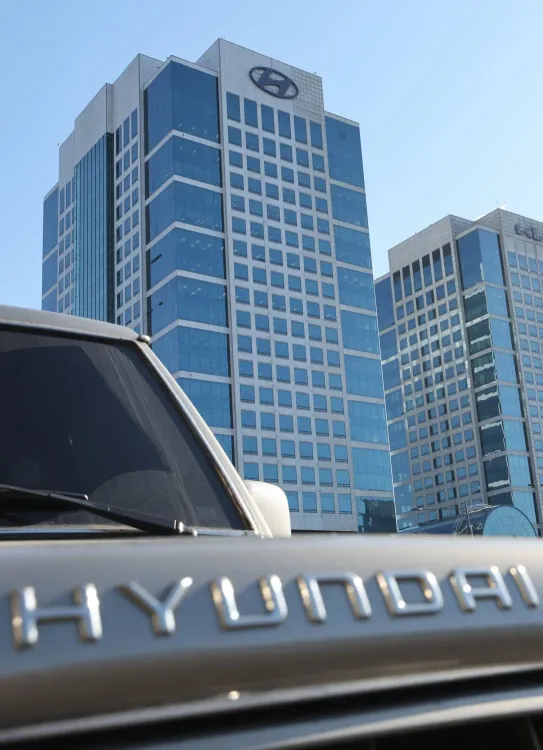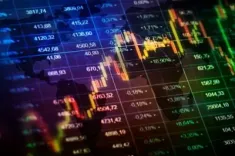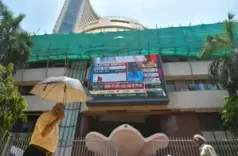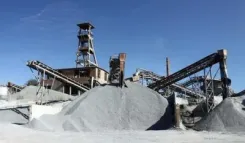How Did Hyundai and Kia Achieve 11% US Market Share in Jan-May?

Synopsis
Key Takeaways
- Hyundai and Kia captured an 11 percent U.S. market share.
- They sold 752,778 units from January to May.
- Hyundai accounted for 5.8 percent, while Kia took 5.2 percent.
- Growth attributed to hybrid model offerings.
- Concerns over rising 25 percent auto tariffs.
Seoul, June 29 (NationPress) Hyundai Motor and its smaller affiliate Kia have successfully secured a joint 11 percent share of the U.S. automotive market during the January to May timeframe, as reported by a market analysis firm on Sunday. In the initial five months of this year, the two manufacturers achieved a total of 752,778 units sold, representing an 11 percent market share according to U.S. Wards Intelligence.
This figure indicates a growth of 0.5 percentage points from the 10.5 percent market share they held during the same period last year, as stated by the Yonhap news agency.
Specifically, Hyundai contributed 5.8 percent with 400,116 units sold, while Kia accounted for 5.2 percent with 352,662 units.
A representative from the industry remarked, "The automakers ensured a sufficient supply of vehicles to lessen the effects of U.S. import tariffs, leading to this remarkable market share achievement."
He also noted that the growing presence of gasoline hybrid models in their offerings significantly contributed to their market position in this crucial global automotive arena.
There is a rising global interest in gasoline hybrid models, especially as electric vehicle (EV) sales are experiencing a downturn.
Nevertheless, both companies are proceeding with caution, as they might need to increase vehicle prices in response to the 25 percent auto tariffs enacted on April 3.
Additionally, U.S. President Donald Trump indicated this month that he may consider increasing tariffs on imported vehicles "in the not-too-distant future" as a measure to protect American autoworkers.
During a bill signing at the White House, Trump defended the 25 percent tariffs, asserting, "To further protect our autoworkers, I imposed this tariff on all foreign automobiles, and investment in American manufacturing is on the rise."









